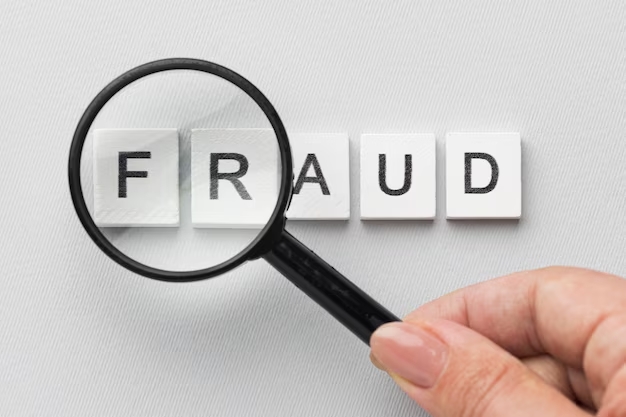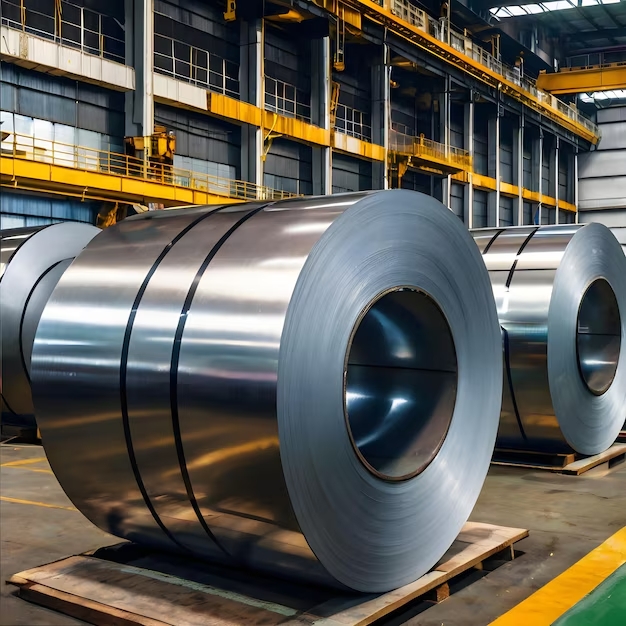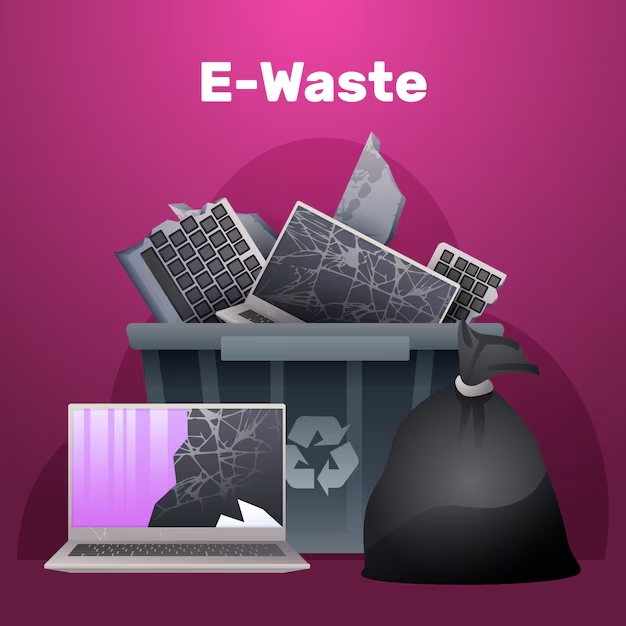In an era where electronic devices are indispensable, India faces an ever-growing challenge with e-waste management. The rapid rise in the consumption of electronic products—smartphones, computers, televisions, and household gadgets—has led to a surge in electronic waste. India is the third-largest producer of e-waste in the world, generating over 2 million tonnes annually. However, the country's recycling infrastructure remains inadequate, resulting in the informal and often hazardous processing of e-waste.
To combat this growing environmental and public health concern, the Indian government has taken a significant step forward by revising the E-Waste (Management) Rules. The new guidelines, released in 2022, are designed to strengthen e-waste management in India and ensure a more sustainable and circular approach to dealing with electronic waste.
What’s New in the Revised E-Waste Management Rules?
The revised E-Waste (Management) Rules, 2022, bring significant changes to India’s approach to e-waste recycling. The rules have been revamped to better regulate the disposal, recycling, and safe processing of e-waste while introducing new obligations for producers, manufacturers, and recycling companies.
Key highlights of the updated guidelines:
Extended Producer Responsibility (EPR) Expansion: The government has expanded the scope of Extended Producer Responsibility (EPR) under these new rules. EPR mandates that manufacturers are responsible for the collection and recycling of their products once they are discarded. This ensures that producers are more accountable for the entire lifecycle of their products.
Mandatory Registration and Tracking: All producers, recyclers, refurbishers, and collectors must now register with the Central Pollution Control Board (CPCB). The new regulations require stakeholders to track and report e-waste management activities via an online portal that has been developed by the CPCB. This allows for better monitoring and transparency in the sector.
Regulation of Informal Sector: A major problem in India’s e-waste management sector is the large informal sector that processes e-waste in an environmentally harmful manner. The new rules aim to formalize this sector by setting strict standards for recycling and disposal. This will help reduce the environmental and health risks associated with improper e-waste handling.
Strengthened Recycling Infrastructure: To support the new EPR regime, India is making strides toward expanding the recycling infrastructure. Over 300 recyclers are already registered with the CPCB, and this number is expected to rise. These recyclers must comply with stringent environmental standards to ensure that e-waste is processed safely and efficiently.
E-Waste Audits and Compliance: The new guidelines also introduce regular audits for producers and recyclers to ensure they are adhering to the regulations. Companies that fail to comply with the rules will be subjected to penalties, which will further incentivize adherence to proper e-waste management practices.
Public Awareness: The revised guidelines also stress the importance of public awareness regarding e-waste disposal. The government is pushing for educational campaigns to inform consumers about responsible e-waste disposal methods and the significance of recycling electronics responsibly.
The Role of the Central Pollution Control Board (CPCB)
The CPCB plays a critical role in overseeing the implementation of these new e-waste rules. The board is responsible for monitoring and regulating the registration of producers and recyclers, ensuring compliance with the EPR framework, and conducting audits. It is also tasked with issuing licenses to e-waste recyclers and ensuring they follow proper procedures for dismantling and recycling.
Furthermore, the CPCB has set up an online portal where producers and recyclers can register and submit their reports. This portal enables better data collection, tracking, and monitoring, making the entire process more transparent.
Challenges Ahead for E-Waste Management in India
While the revised rules mark a significant step in improving e-waste management, challenges remain. The informal sector still handles a large chunk of e-waste in India, often under unsafe and unhealthy conditions. The new regulations need to be enforced strictly across the country, which may require more resources for monitoring and compliance.
Another challenge lies in educating the general public about the importance of responsible e-waste disposal. Many consumers are still unaware of the dangers of improper e-waste disposal, which includes toxic chemicals leaking into the environment and harming both ecosystems and human health.
Additionally, India needs to scale up its recycling capacity to meet the growing demand. The current recycling infrastructure is not sufficient to process the large volumes of e-waste generated, and investment in modern, efficient recycling facilities will be crucial to meeting future targets.
The Road Ahead: A Circular Economy for E-Waste
The revised e-waste management rules are a step towards a more sustainable future. They encourage a circular economy, where products are reused, refurbished, or recycled instead of being discarded. In this model, producers are incentivized to design electronics with longer lifespans, reduce waste, and make it easier to recycle.
As these new regulations are implemented across the country, it’s essential for all stakeholders—from manufacturers to consumers—to participate in the collective effort to address the growing e-waste crisis. By promoting responsible e-waste disposal, India can reduce environmental pollution, safeguard public health, and make strides towards a more sustainable and circular economy.
Conclusion
The revised E-Waste (Management) Rules and CPCB oversight represent a major milestone in India’s efforts to tackle the growing issue of electronic waste. These measures are designed to create a more structured and formalized recycling system while holding producers accountable for the lifecycle of their products. With effective implementation and continued public awareness, India has the potential to significantly improve its e-waste management practices and protect both the environment and public health.
For more information on how to dispose of your old electronics responsibly, check with local authorized e-waste collection centers or explore the CPCB’s online portal for details on proper recycling procedures.











